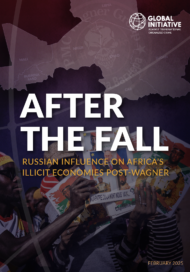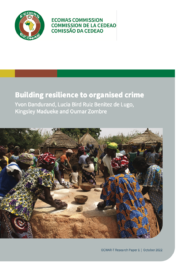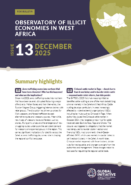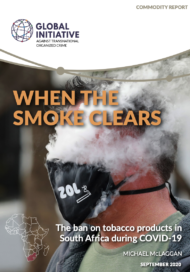Posted on 03 Feb 2025
Following the death of Yevgeny Prigozhin, Russia has restructured its African engagements. Our report examines their strategies for rebranding, maintenance, diversification and expansion across key countries such as the Central African Republic (CAR), Mali, Sudan, Burkina Faso and Niger.
In some places, Russia’s new entity Africa Corps – established to absorb Wagner personnel – has been prominent, but in Mali and the CAR, Wagner’s brand persists, symbolizing Russia’s pragmatic adaptation to local dynamics. The report also underscores Russia’s expanding influence in Burkina Faso and Niger, exploiting a recent wave of political reorientation away from traditional Western partners.
A key insight is that while Wagner may be no more, its lessons are still being applied. Resource exploitation, security partnerships and disinformation campaigns were part of the Wagner toolkit, and are still being used today. Neither has Wagner’s demise reduced Russia’s policy bandwidth: in Sudan, for instance, Russia has maintained a dual approach, officially aiding the Sudanese Armed Forces while also supplying the Rapid Support Forces through Africa Corps.
But Russia’s increasing footprint faces challenges. Civilian grievances, rising Russophobia, and resistance from local groups in northern Mali are exposing vulnerabilities. At the geopolitical level, Russia may find its plans for engagement with African states competing with other global actors, especially China.
This report is a key resource for policymakers, analysts and global stakeholders seeking to understand the complex interplay of power, resource politics and international relations in Africa.




